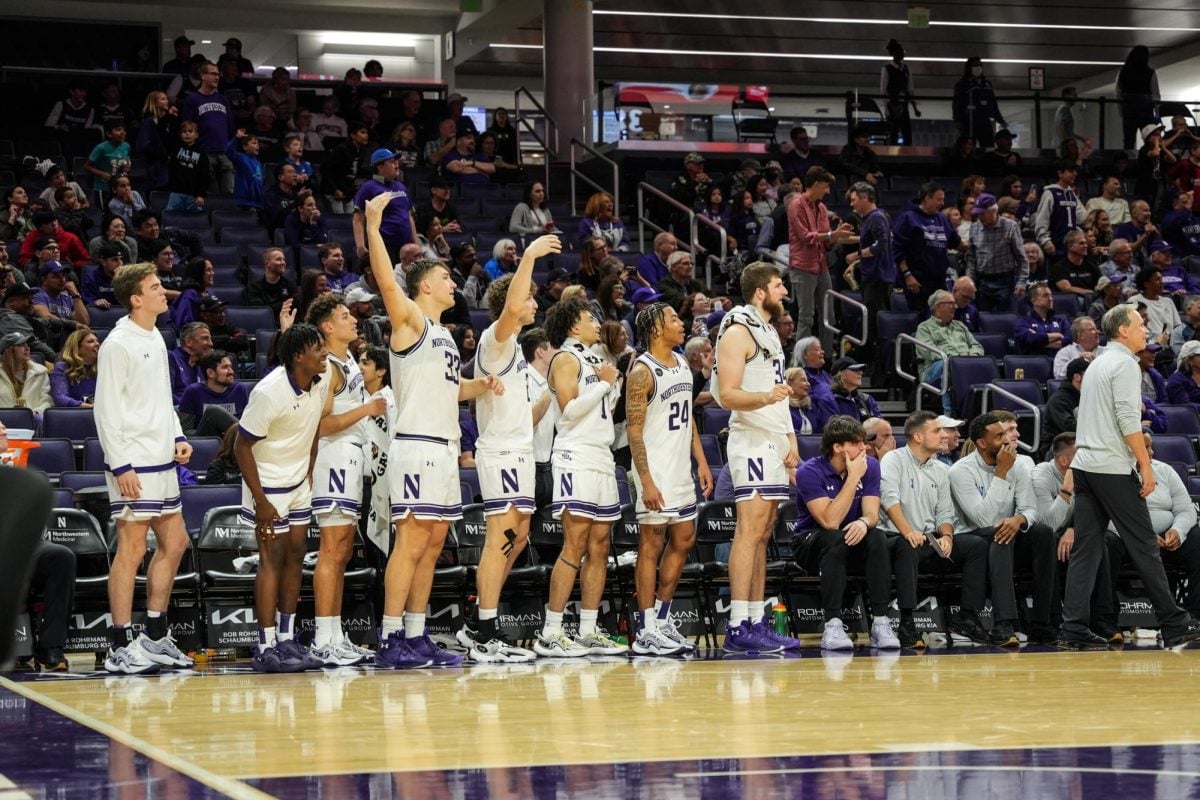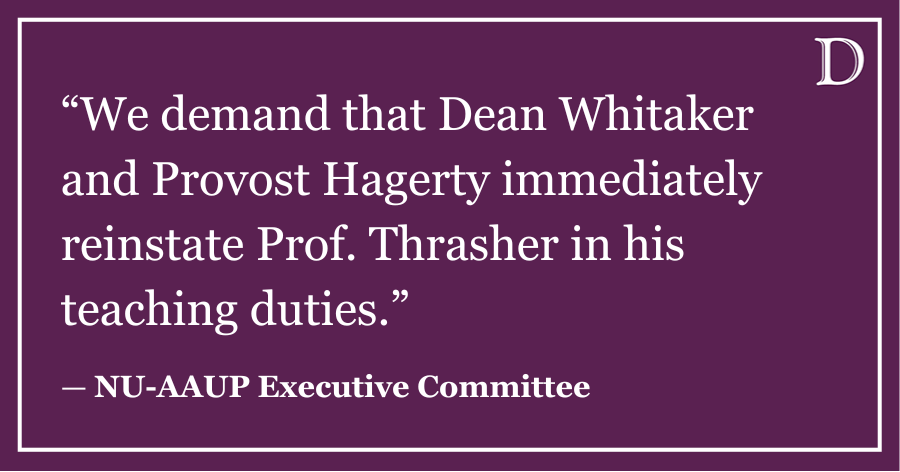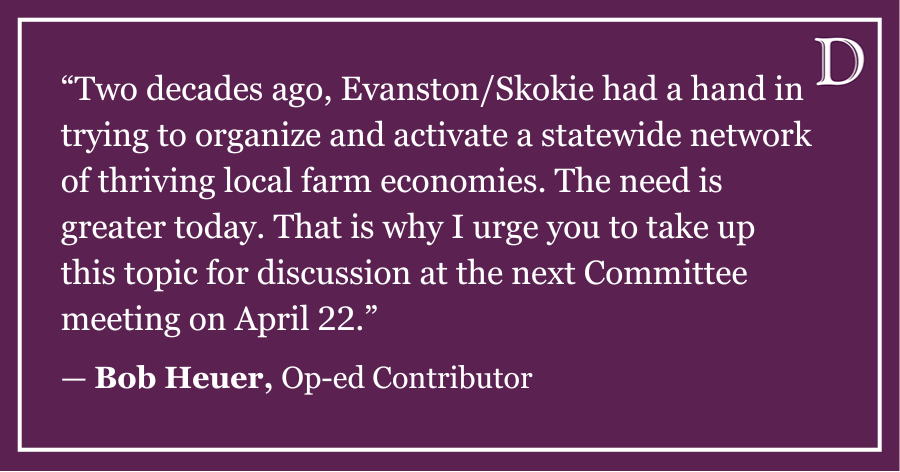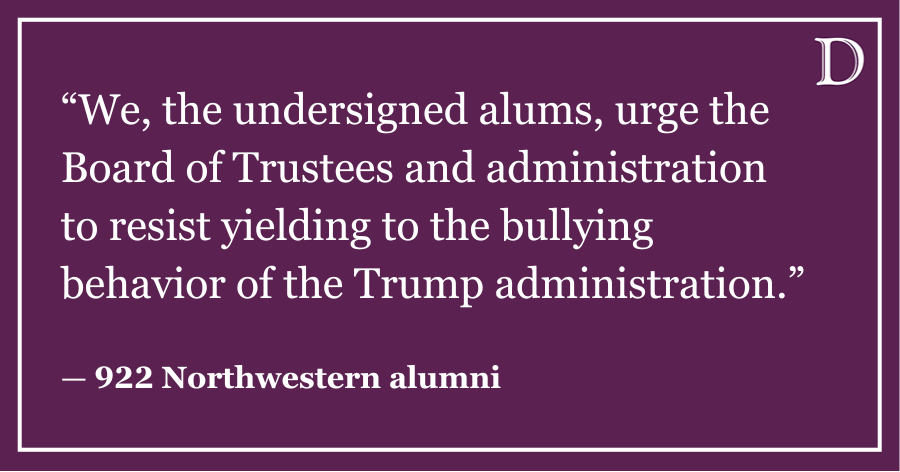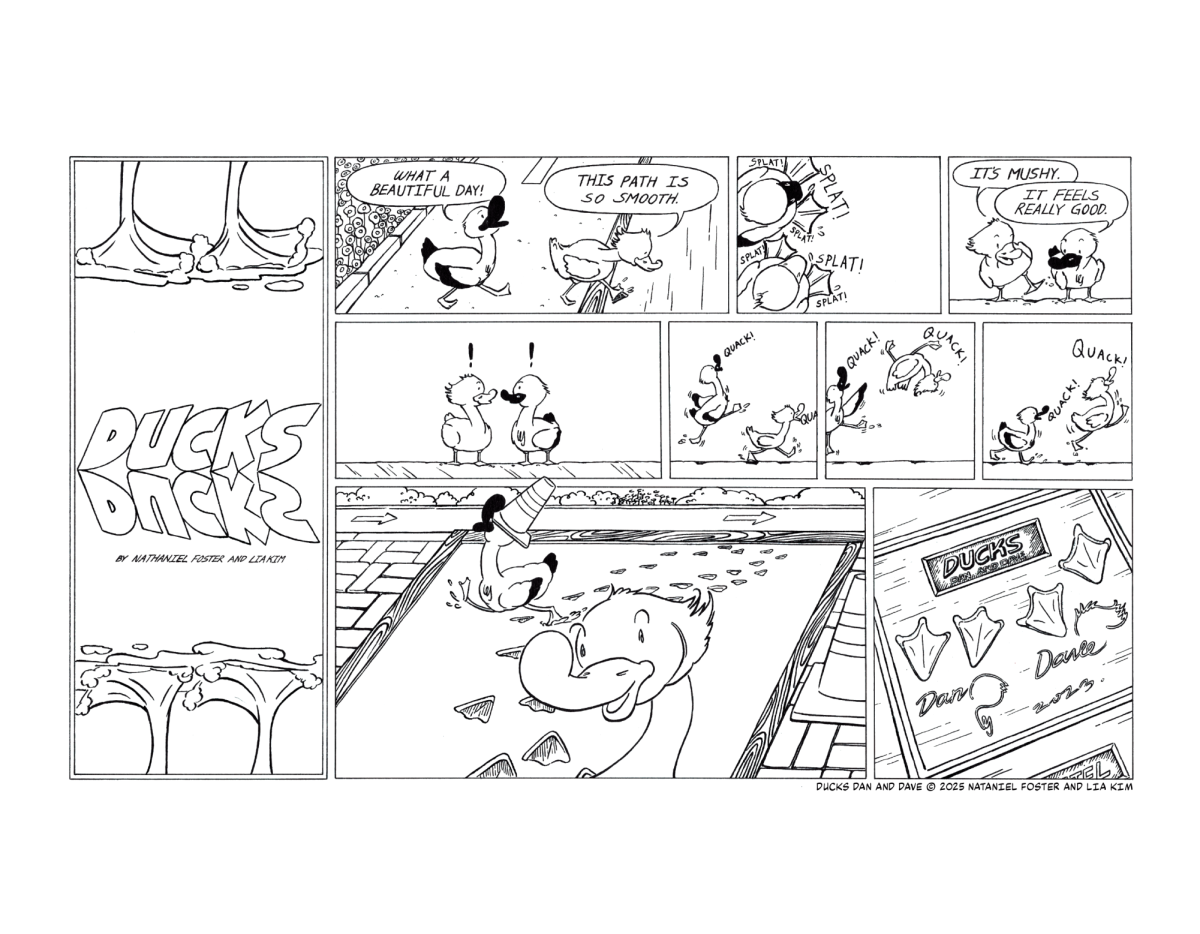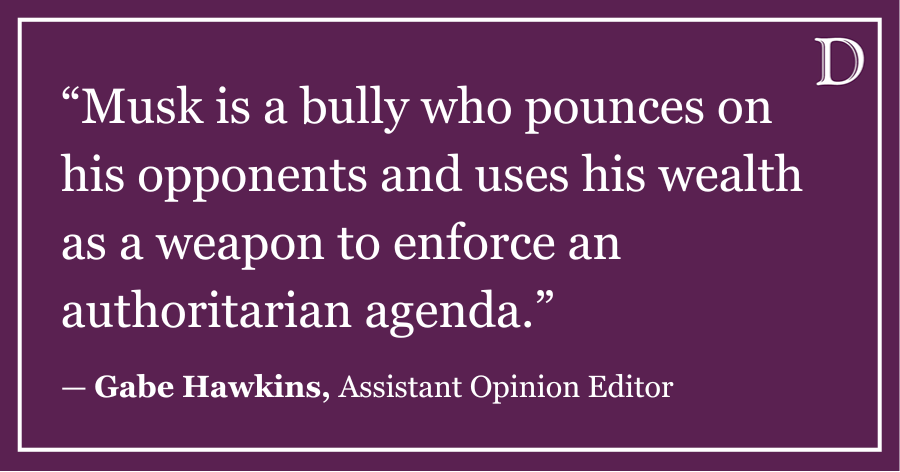We are members of the John Evans Study Committee, which in May 2014 submitted its report on the Sand Creek Massacre of November 29, 1864, in southeastern Colorado.
Soldiers savagely attacked a peaceful encampment of Cheyenne and Arapaho Indians who had been promised safe refuge, murdering and mutilating their surprised and helpless victims. John Evans, the most prominent of Northwestern’s founders and after whom Evanston, Illinois is named, was at the time Colorado’s territorial governor and superintendent of Indian Affairs.
Our report describes Evans’ actions before and after Sand Creek as “a great moral lapse,” “a deep moral failure that warrants condemnation,” and “nothing short of appalling.” While we found no evidence that Evans was involved in the planning of the massacre, he unquestionably contributed to the conditions that made it possible, squandered opportunities to prevent it, and afterward defended it with incorrect, misleading, evasive and self-serving statements that the Congressional investigation that immediately followed the massacre described as “prevarication and shuffling.” Secretary of State William Seward demanded Evans’ resignation, which he submitted on August 1, 1865.
The report also details Evans’ laudatory achievements. It criticizes the University for ignoring as long as it did “a deplorable aspect of Evans’s career that exposed a deep flaw in his moral character.”
We write now to join others, notably history Prof. Doug Kiel last June in The Daily, in urging the Board of Trustees to reconsider its 2017 decision not to remove Evans’ name from the John Evans Alumni Center.
We did not make such a specific recommendation when we submitted the report in 2014 because we were charged solely with answering historical questions. The much larger and broader-based Native American Outreach and Inclusion Task Force was appointed to offer recommendations. Among the recommendations the Task Force made was to initiate a process to rename the John Evans Alumni Center.
In the period following the committee’s report and that of the Native American Outreach and Inclusion Task Force, the central issue pertinent to removing Evans’ name was his personal culpability for the events at Sand Creek.
Now, after such major achievements as the creation of the Center for Native American and Indigenous Research, the recruitment of Indigenous faculty (including Prof. Kiel) and an Indigenous dean for one of NU’s schools, the beginnings of a set of relationships with Native American organizations both in Chicago and beyond, and University President Michael Schill’s declared commitment to diversity and inclusion in his inaugural speech, we are in a very different moment.
The issues are no longer tied to the University’s past, but to its future.
The name issue is especially significant because of the building’s symbolic as well as functional role as the center for alumni relations. The NU Alumni home page eloquently declares, “Our work isn’t done until all alumni feel welcome, represented, and valued.” Keeping the name of John Evans, whose role in the events leading up to and in the aftermath of the Sand Creek Massacre is so deplorable and appalling, directly contradicts that aspiration.
Last September, we made a similar case directly to the Board of Trustees. Board of Trustees President Peter Barris responded last week, stating that the Board would not reconsider its 2017 decision. Mr. Barris said the 2017 decision was based on a “rigorous assessment” of Evans’ “direct culpability” for the massacre.
Mr. Barris did not describe the nature of that assessment or the process by which it was carried out. Moreover, he did not respond to our suggestion that the name of the alumni center should signal more than Evans’ technical responsibility for the massacre.
Sadly, the Board’s decision not to reconsider its 2017 decision ignores the shameful and self-serving way Evans defended the massacre, as well as the fact that he was censured in his own time and ordered to resign from his two government positions.
The Board’s decision also ignores our central point — that the issues involved in the renaming now concern NU’s future and the building of a community in the decades to come where all will feel welcome, represented and valued.
We add, in the spirit of the University’s motto, “Quaecumque Sunt Vera” (“All things that are true”), that, while we strongly favor changing the building’s name, we also object to removing Evans from University memory, as for so long were Sand Creek and his involvement in it.
Evans’ achievements should be acknowledged and remembered in full, along with the larger questions the contradictions between these accomplishments and his relationship to the Sand Creek Massacre raise.
We call on members of the NU community — students, faculty, staff and alumni — to join Prof. Kiel, the Native American Outreach and Inclusion Task Force, and others who agree with them to urge the Board of Trustees to remove the name of John Evans from the Alumni Center.
Respectfully,
Ned Blackhawk (Western Shoshone)
Howard R. Lamar Professor of History and American Studies
Yale University
Peter Hayes
Professor of History and German and Theodore Zev Weiss Professor of Holocaust Studies Emeritus
Northwestern University
Frederick E. Hoxie
Professor Emeritus of History, Law, and American Indian Studies
University of Illinois, Urbana/Champaign
Andrew Koppelman
John Paul Stevens Professor of Law and Professor (by courtesy) of Political Science
Affiliated faculty, Philosophy Department
Northwestern University
Carl Smith
Franklyn Bliss Snyder Professor of English and American Studies and Professor of History, Emeritus
Northwestern University
Elliott West
Alumni Distinguished Professor of History Emeritus
University of Arkansas, Fayetteville
Laurie Zoloth
Margaret E. Burton Professor of Religious Ethics
University of Chicago
If you would like to respond publicly to this op-ed, send a Letter to the Editor to opinion@dailynorthwestern.com. The views expressed in this piece do not necessarily reflect the views of all staff members of The Daily Northwestern.
